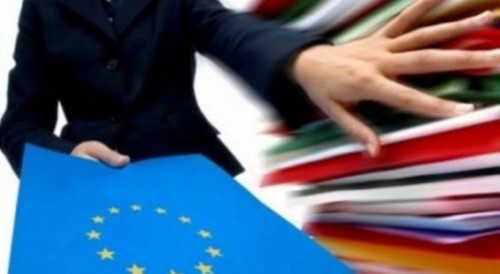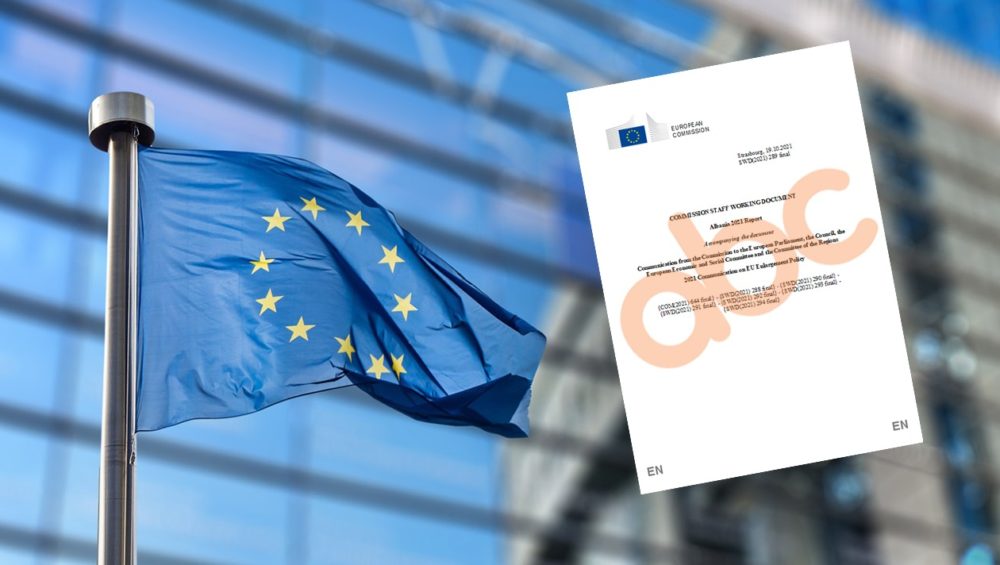Now we all know that Albania has the status of a candidate country that accedes to become part of the European Union and during this phase the Albanian state must fulfill some obligations. The environment is one of the areas and delicate issues in which Albania still has a lot of work to do, mainly in the area of approximation of horizontal environmental legislation. Although it is often trumpeted that the Albanian legislation has been aligned with that of the EU, in fact, this is not the case at all. The process of approximation of legislation includes three main links: transposition, enforcement and applicability. While the first stage has been fulfilled for the most part, the other two stages and especially the one of implementation leaves a lot to be desired. This often comes as a result of the lack of the relevant institutional framework or the insufficiency of the capacities and expertise necessary for the implementation of the law.

In the Progress Report of the European Commission for 2015, the issue of the implementation of the cross-sectoral strategy of horizontal legislation remains in the same situation as in 2014, where more work is needed to harmonize horizontal environmental legislation, in particular with the Environmental Crime Directive. What is ascertained from the 2015 report is that there are efforts to improve the institutional framework for environmental protection, mentioning here the creation of special agencies for this purpose, such as AKZM (National Agency of Protected Areas), but according to the EU, there is still a need for more work related to the provision of protection in protected areas and in particular in the investments for the construction of hydropower plants which must be made in accordance with the obligations for the protection of nature, in particular for protected areas and areas of value natural high.
The problem of the construction of hydropower plants without criteria and without a national master plan is a phenomenon that is destroying natural rivers, which house a floristic and faunal wealth outstanding for the entire Balkans. In 2016, Albania must work harder to ensure the protection of effectively protected areas and those with high natural values, such as the Vjosa river – the last “wild” in Europe.
On the other hand, environmental NGOs have called on the Albanian government to announce a moratorium on the construction of HPPs in the entire territory of Albania, requesting a 3-year period for the review of all documentation and the procedure for granting concessionary permits.
By Besjana Guri/EcoAlbania








